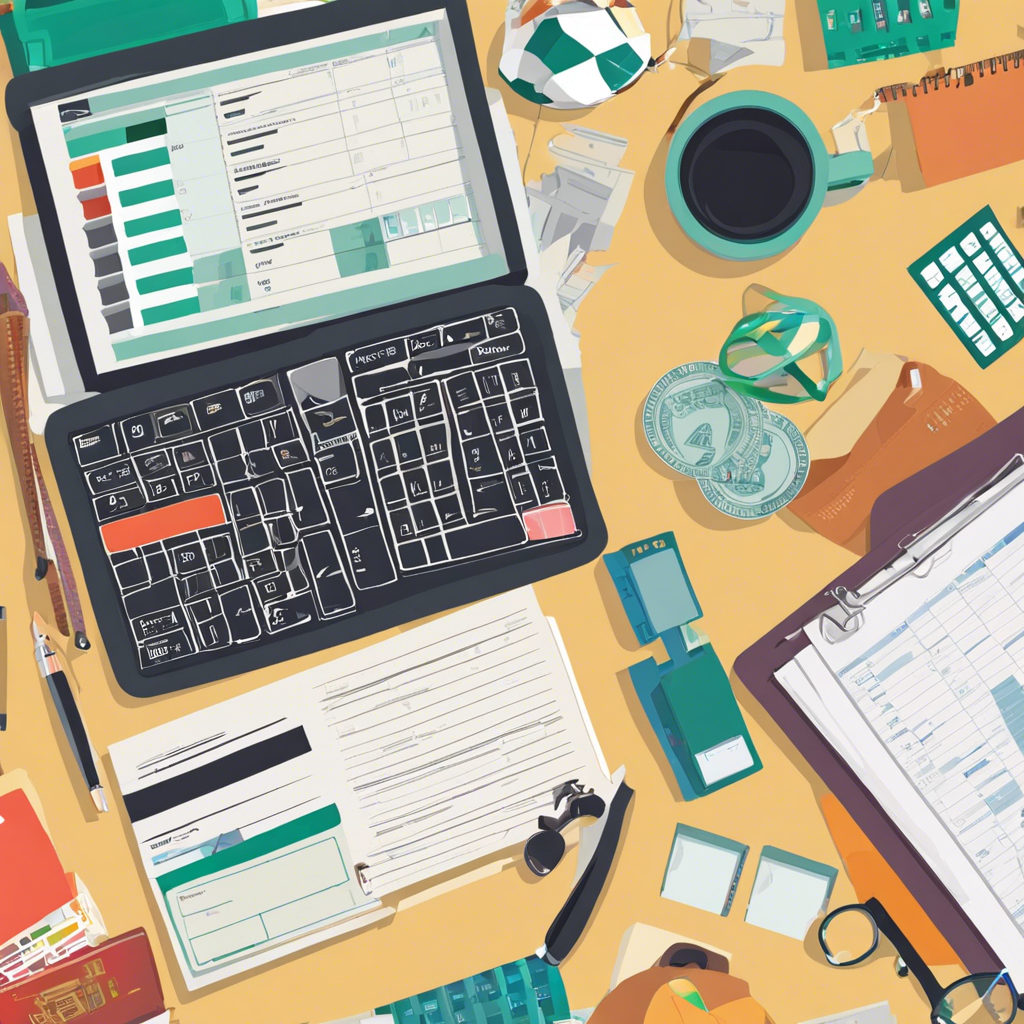Unexpected expenses can throw a wrench into your financial plans and cause unnecessary stress. Whether it’s a sudden car repair, a medical emergency, or a last-minute travel cost, these unforeseen events can put a strain on your budget. However, with some simple strategies, you can prepare for the unexpected and manage these expenses without letting them disrupt your financial well-being. Here’s how to budget for those surprise costs and maintain your peace of mind.
Start by building an emergency fund. This is the cornerstone of financial preparedness. Aim to set aside three to six months’ worth of living expenses in a savings account. Having this cushion will help you cover unexpected costs without resorting to high-interest credit cards or dipping into long-term savings. Choose a savings account with easy access but not too tempting, so you’re less likely to make impulse withdrawals.
#### Track Your Spending
Understanding your spending patterns is crucial. Use budgeting apps or spreadsheets to track your monthly expenses, including fixed costs (rent, utilities) and variable expenses (groceries, entertainment). This awareness will help you identify areas where you can cut back when unexpected costs arise, without affecting your essential needs.
#### Prioritize and Plan
Not all unexpected expenses are equally urgent or significant. When faced with a surprise cost, assess its priority level. Is it an urgent necessity like a medical bill, or something that can wait, like a home repair? Prioritizing expenses allows you to plan accordingly and allocate funds where they are needed most.
Create a list of potential unexpected expenses relevant to your situation. For instance, if you own a car, consider future maintenance or repair costs. Estimate the likely costs and set aside small amounts regularly to build a fund for these specific expenses.
#### Utilize Budgeting Techniques
The 50/30/20 rule can be a helpful budgeting tool. Allocate 50% of your income to needs, 30% to wants, and 20% to savings and debt repayment. If an unexpected expense occurs, you can adjust this budget by temporarily reducing the ‘wants’ category until you’ve covered the emergency.
#### Explore Cost-Saving Opportunities
When confronted with an unexpected expense, look for ways to reduce costs. For instance, you can negotiate medical bills or shop around for the best deals on car repairs. Consider selling unused items to generate extra cash or explore side hustles to boost your income temporarily.
By following these steps, you can create a budget that accommodates life’s surprises without causing undue stress. Being financially prepared empowers you to handle unexpected expenses with confidence and maintain control over your financial future. So, start planning today, and turn those surprises into manageable events!

